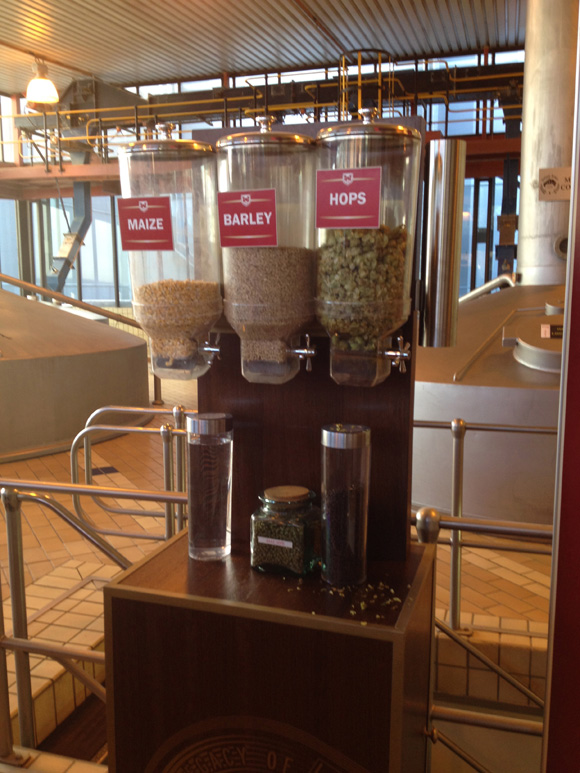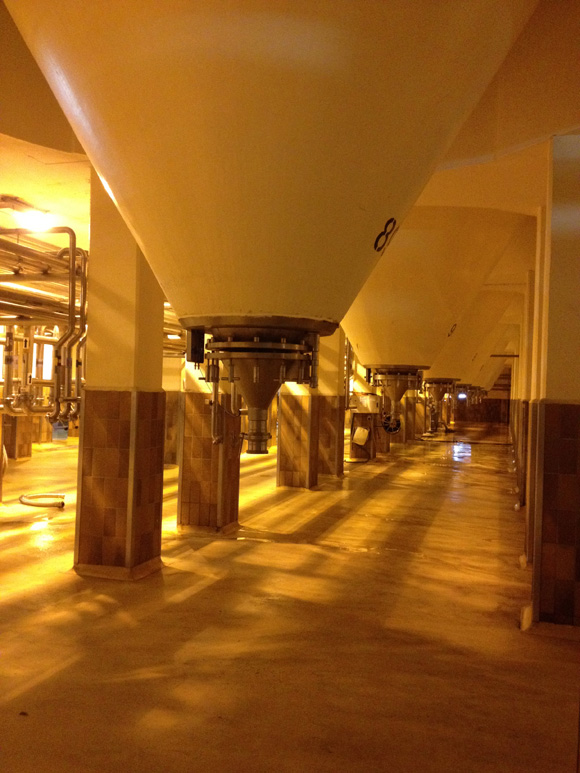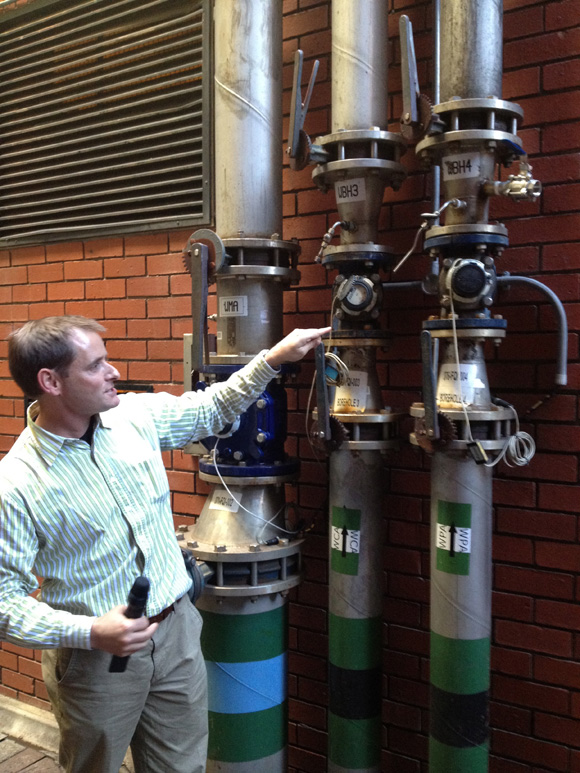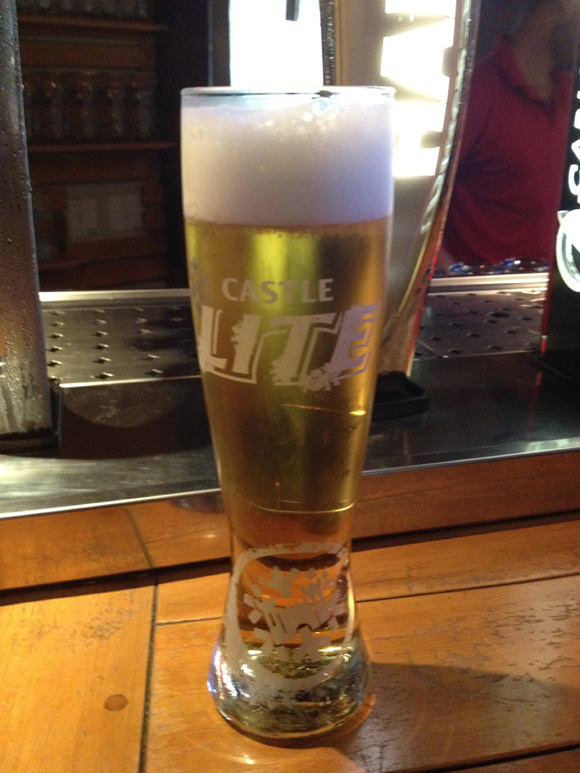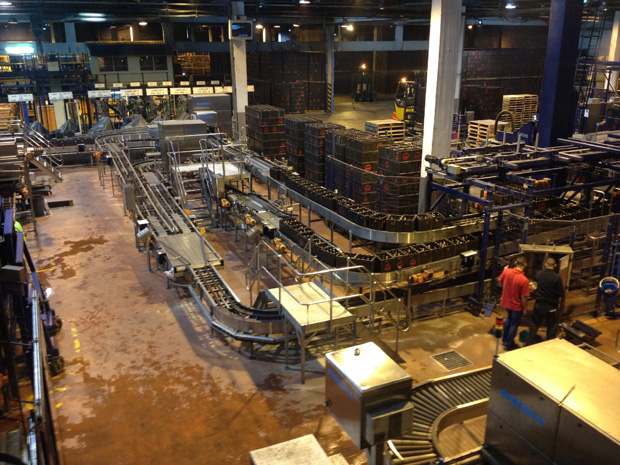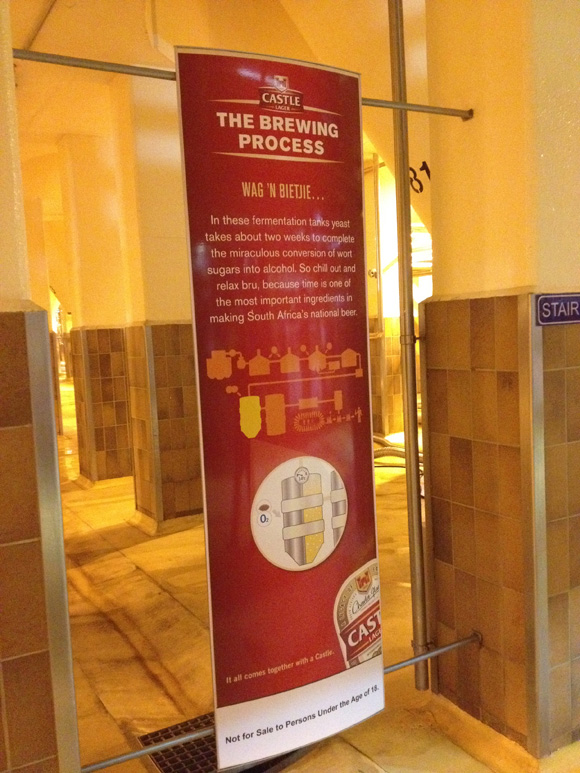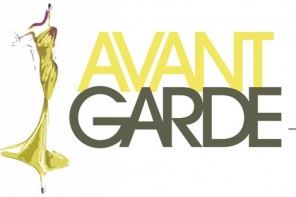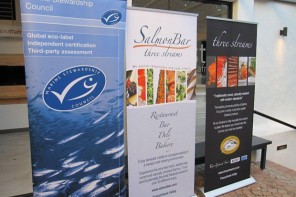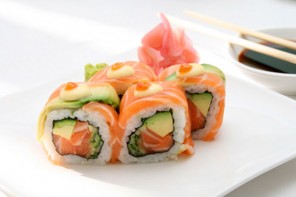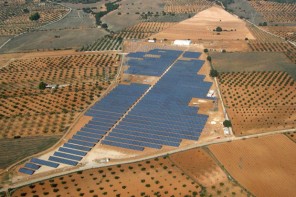According to the National Water Resource Strategy, South Africa will face a deficit of -17% of demand by 2030 under current efficiency levels.
SAB expects this picture to change considerably with domestic water use increasing by 2025 as the population rises.
By its nature, beer brewing is a water-intensive process. SAB is engaged with water as a natural resource and as a potential business risk. The security of water into the future is critical to the survival of SAB as a business and to the communities in which it operates. The way the company manages the resource is of vital importance therefore SAB strives to demonstrate water stewardship, which refers to water users taking responsibility to promote more sustainable use and management of water.
The company’s water strategy is a comprehensive risk-based approach guided by the 5 “Rs”: pRotect, Reduce, Reuse, Recycle and Redistribute.
SAB has developed and implemented a Water Game Plan focusing on the following areas:
- In the brewery – using less water to make more beer
- In the supply chain – work with suppliers and farmers to identify water risks and options to reduce water use across the value chain
- In the community – identify CSI projects that will provide safe drinking water to communities
SAB is one of the first companies to have undertaken a detailed water footprint study, which revealed that more than 85% of water used across the supply chain to make a litre of beer rests in the agricultural sector – referring to barley and hops.
On average, SAB uses 4.05 litres of water to produce 1 litre of beer. As part of the SABMiller Group, SAB is committed to reduce its water consumption in the brewing environment by 25% by 2015. This equates to a target of 3.5 litres of water per litre of beer.
SAB, ranked a world leader in terms of responsible management of water during the brewing process, exercises strict control and management of the quantity of discharged water at the end of the production cycle in breweries.
Interesting Facts about Newlands Brewery and Water
- Newlands Brewery is one of SAB’s most water efficient breweries in SA, using an average of 3.52 litres of water to produce 1 litre of beer. This is a significant improvement from 5.8 litres of water used per litre of beer in 2000.
- Newlands Spring provides 1662m3 of water to the brewery per day. This flow has been consistent since the pipe was installed in 1942.
- In 1942 Newlands Spring was upgraded from an open channel to closed pipe as it is today.
- Newlands Spring has a 86.26 feet fall to the brewery.
- The first borehole was drilled in 1968 (Borehole 2) and is 28 metres deep with the ability to supply 3600m3 per day (the water analysis is identical to the spring water supply).
- In 1984 another four boreholes were drilled with similar water supply capability.
- Kommetjie Spring was ceded to the City of Cape Town on 6th July 1889 and SAB Newlands still holds the right to use 320m3 of water from it per day. The spring volumes vary significantly depending on the seasonal rainfall.
- Newlands ploughs all unused water back into the Liesbeek River.
- Newlands Brewery discharges around 3000m3 of water per day into the Cape Town City’s municipal water treatment system.
- Discharged water is first treated by SAB using a process of anaerobic digestion (AD). This reduces the pressure on the municipal treatment system by up to 80%.
- A biogas recovery plant has been developed at Newlands Brewery and waste water is treated using an anaerobic difestion (AD) process, whic generates a biogas, methane used to generate around 10% of the brewery’s steam requirements. This investment in renewable energy sources forms part of SAB’s ficus on Sustainable Development.
- None of the water discharged by Newlands Brewry is discharged in the Liesbeek River or into any other source.
- As part of its active community work, SAB is involved in assisting the Friends of the Liesbeek in cleaning up the river.
Packaging and Transport
Most of SAB’s glass quartz bottles are returnable and interestingly enough they get around 85% of these back due to them having a value to the consumer. SAB also introduced a programme to help their delivery truck drivers purchase the trucks they use to make deliveries and run the delivery operation as their own business. This had led to an increase in efficiency in deliveries.
We also got to take a tour of the Newlands Brewery which was fascinating so for those of you who may be interested (I highly recommend it) check out the Newlands Brewery website for more info.
